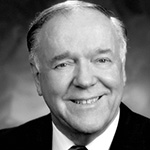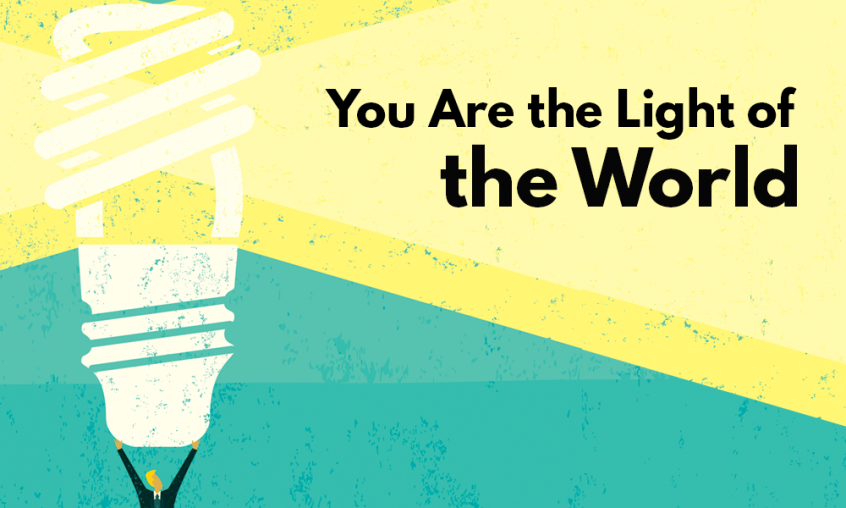THE BIBLE TELLS BELIEVERS to be separate from unbelievers. However some believers isolate themselves, thinking it is separation. But there is a vast difference between the two.
2 Corinthians 6:14–17
14 Be ye not unequally yoked together with unbelievers: for what fellowship hath righteousness with unrighteousness? and what communion hath light with darkness?
15 And what concord hath Christ with Belial? or what part hath he that believeth with an infidel?
16 And what agreement hath the temple of God with idols? for ye are the temple of the living God; as God hath said, I will dwell in them, and walk in [them]; and I will be their God, and they shall be my people.
17 Wherefore come out from among them, and be ye separate, saith the Lord, and touch not the unclean thing; and I will receive you.
This passage of scripture is talking about separation, not withdrawing ourselves from the world. People often think they can't have anything to do with the world or with anyone in it. They sometimes even think they are supposed to separate themselves from other Christians, if those Christians don't believe just like they do.
But Jesus didn't say that. He said, "Ye are the salt of the earth . . . Ye are the light of the world" (Matt. 5:13–14). Believers are in the world, but they are not of the world (John 17:16).
Believers are not to cut themselves off from unbelievers. If they did, how could they be the salt of the earth and the light of the world? On the other hand, they are to be separate from the world and not adopt the world's standards (2 Cor. 6:17). They are to be like Jesus.
A man once asked me to pray for him. "I work in a certain company," he said. "And I am the only Christian in my department. Please pray that God will move me out of there."
"Oh, no," I replied. "Why the whole department would putrefy if you were gone. You stay right there. You're the salt of the earth, so stay right there and salt it."
Go Ahead and Shine!
Notice in Second Corinthians 6:14 that the believer is called righteousness, and the unbeliever is called unrighteousness: "For what fellowship hath righteousness with unrighteousness? and what communion hath light with darkness?"
Did you ever think of yourself as being righteous? If you are a believer, the Bible says you are! The believer is also called light, and the unbeliever is called darkness.
Believers are not to cut themselves off from unbelievers. If they did, how could they be the salt of the earth and the light of the world?Kenneth E. Hagin
Believers are not righteous in themselves, of course. But we are righteous in Christ: "For he hath made him to be sin for us, who knew no sin; that we might be made the righteousness of God in him" (2 Cor. 5:21).
If you are a Christian, you are a believer. You are righteousness; and you are light! Think on that and let it soak into your spirit!
There are people who think that righteousness is some kind of state they have to attain to by right living. This isn't true at all. Of course believers are to live right. "Righteousness" means rightness or right standing. And righteousness is a gift (Rom. 5:17).
Other scriptures in the Bible do talk about "the fruits of our righteousness." But these verses are referring to the fruit that is a product of our rightstanding with God (Phil. 1:11; 2 Cor. 9:10). Righteousness as a fruit of the born-again human spirit is a result of our being connected to the Vine (John 15:1–8).
Every one of God's dear children has the same righteousness and the same standing with God. This is so because we are in Christ, and He is our righteousness.
God doesn't love one of His children more than He loves another. And He won't listen to one praying more than He will listen to another. Once you know this, your faith will abound, and your prayers will work.
Self-Condemnation and Righteousness
Many people struggle in the realm of self-condemnation, and in the process, let the enemy rob them. They believe their prayers won't work and that God won't hear them. They think if they could just find a righteous man to pray, his prayers would work because James 5:16 says, "The effectual fervent prayer of a righteous man availeth much."
They don't know that they are righteous! But God the Father became our righteousness when He imparted to us His nature—eternal life—when we were born again in the new birth. Jesus became our righteousness the moment we took Him as our Savior and confessed Him as our Lord. (See 2 Cor. 5:17–21.)
God did not make any unrighteous or unworthy children. That would be an insult to Him. No, Jesus Who knew no sin was made to be sin for us that we might be made the righteousness of God in Him (2 Cor. 5:21). Therefore, in Christ, believers are the righteousness of God.
Thank God for this great revelation. Thank God we are who God says we are. We have what God says we have. And we can do what God says we can do.
We can stand in God's presence without any sense of guilt, condemnation, or inferiority. That means the prayer problem is settled. Our righteousness in Christ settles it.
In the new birth God made us who we are. We didn't make ourselves God's righteousness in Christ. Jesus did that for us through His death, burial, and resurrection.
Since we know we are in Christ, the problem is not if we feel righteous. It is not even a problem of faith. It is a problem of knowing our rights and privileges in Christ.
It is with this gift of righteousness that we are in the world as salt and light. Because of this righteousness, we are not of the world nor adopting its standards. Instead, we are heeding Jesus' words to "Go into all the world and preach the gospel to every creature" (Mark 16:15).
Faith in Action
Make This Confession!
"God Himself has become my righteousness when He imparted to me His nature in the new birth. Jesus became my righteousness the moment I took Him as my Savior and confessed Him as my Lord. As a Christian I am a believer; because I am in Christ, the Bible says I am righteousness; and I am light."
Author

Kenneth E. Hagin
Share this Post

